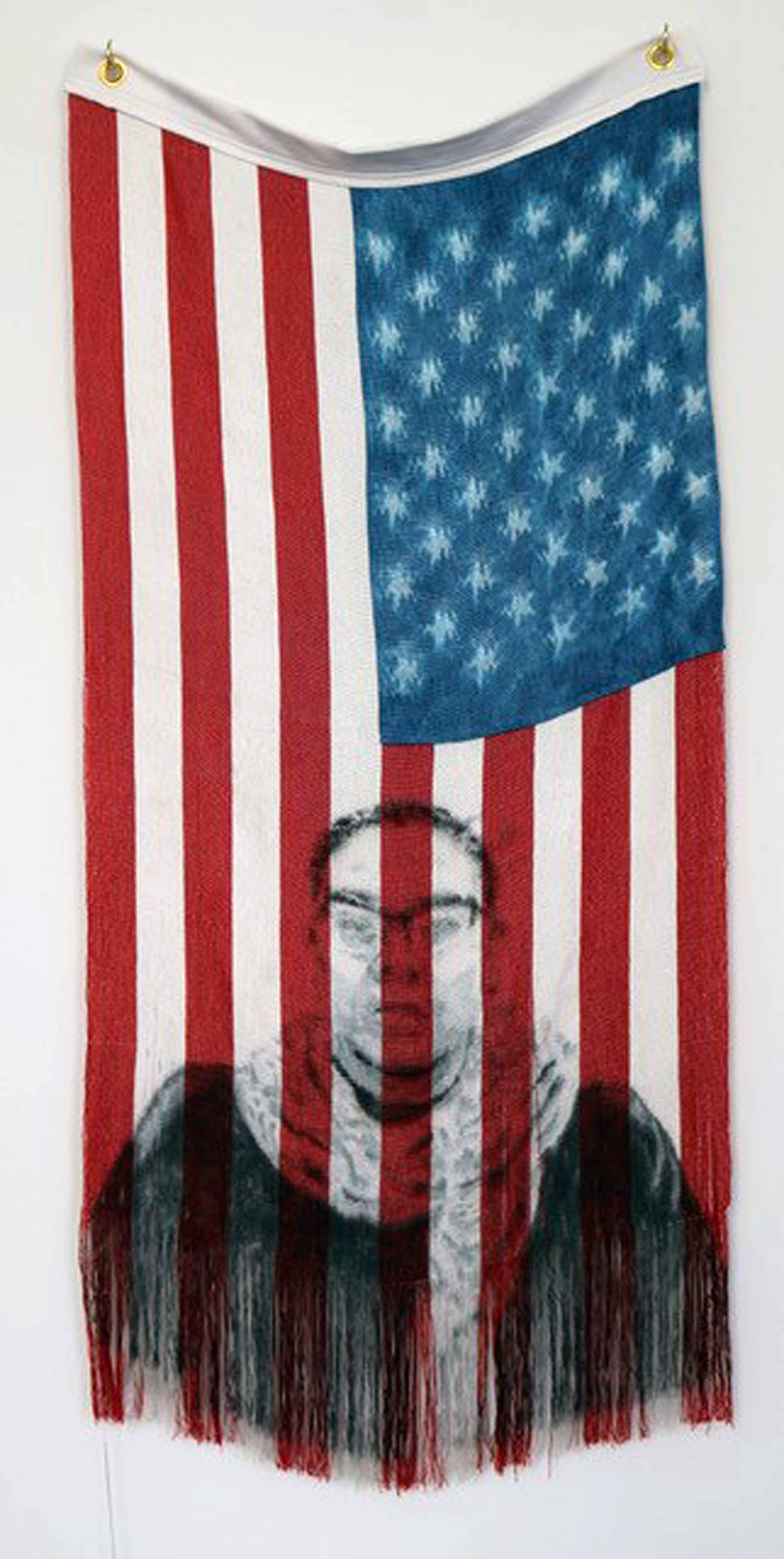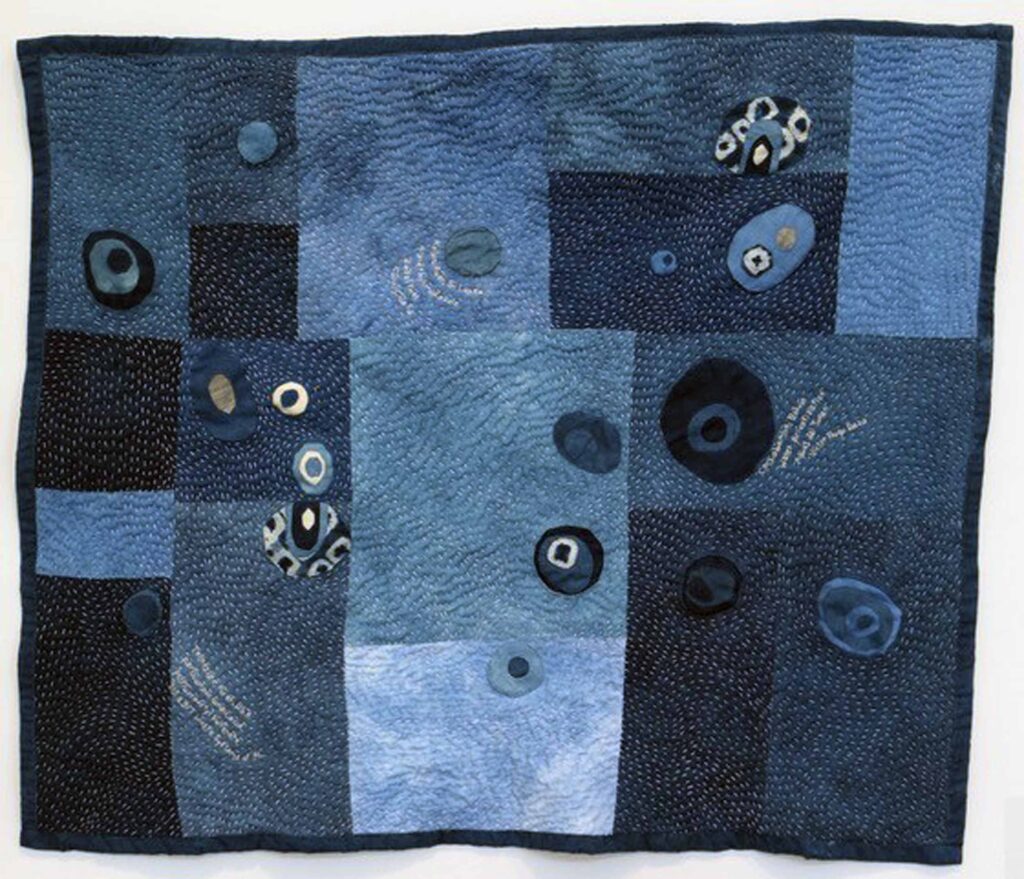Women with their Work I: Affect + Action, 2017
I first heard about the water concerns and protests of the Dakota Access Pipeline (DAPL) from my friends in South Dakota and from Native American news sources I follow. This was months before the story hit the mainstream media in the United States. I was unable to travel to Cannon Ball, North Dakota to show my support for the water protectors, but I felt very strongly for their cause and wondered why it wasn’t making more news in the rest of the country. From my time living in South Dakota on the Pine Ridge Reservation, I knew a few people who were able to stand for their beliefs and speak out for the protection of water and Native American rights—my friend Clementine was one of those protectors. She is Lakota, and her middle name, Minnie, also happens to be the Lakota word for water (“minì”). She and her family are some of the most amazing people I know, and they treated me like a family member during the time I worked in Pine Ridge. For me, this portrait is about the many things this country stands for, including standing up against the odds for what is right and just. The flag is, for me, both a symbol of this country’s injustices and the potential for freedom of expression.
This piece is constructed from indigo dyed cotton. The quilt is not only hand quilted with white and pale blue cotton thread, but also hand pieced together without a sewing machine. The hand embroidered words relate to various water concerns revolving around pollution and privatization. The labor intensive choices to dye, hand sew, and embroider the work let me ponder and reflect on the many ways we are not taking care of our resources, taking the most basic of those—water—for granted.
The text contains a geographic location and words that relate to a specific water based issue. It is my hope that the viewer’s curiosity will be piqued by the words, and they will further look into the issues for themselves. I have not included the Flint, Michigan water crisis or the California and Colorado River water rights issues yet, it is my plan to continue adding to the quilt over time. Depicted in text on this work are two global issues and one that hits a little closer to home here in Alabama. The Cochabama Water War in Bolivia saw a seventeen-year-old protester, Victor Hugo Daza, killed by the Bolivian government. This event was the focus of previous artwork of mine a few years ago. The second event is the pollution by the Coca-Cola Company of a river in Sri Lanka, which is the main water source for the capital and surrounding area. Some of the chemicals listed are used in creating the caramel color for the drink. I have a personal connection to the Sri Lankan water pollution issue, because my maternal family lives there with the consequences. The closer to home issue for most of my audience is the pollution of the Tennessee River near Decatur, Alabama, which is currently under legal litigation.

